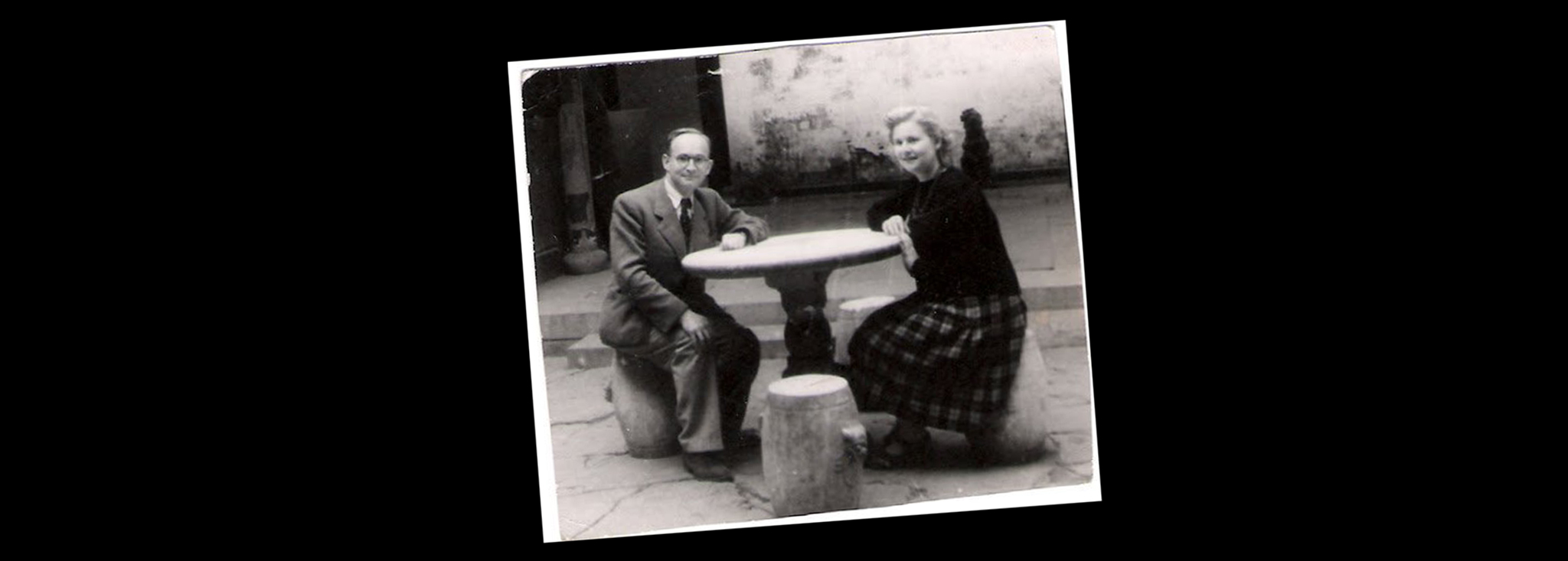- Relationship to Diabetes
- Type 1
- Pronouns
- He/Him
"muscle contraction (in vitro or in situ) and exercise increase glucose uptake into skeletal muscle. However, the contraction/exercise pathway of glucose uptake in skeletal muscle is an independent pathway to that of insulin"
This is true, muscles can take up glucose directly, but this is not sufficient for treatment of type 1 diabetes.
People with type 1 diabetes need insulin to survive.
Before the discovery of insulin, type 1 diabetes was fatal. It could only be treated, and life could only be extended for a short time with a punitively restrictive diet, with as few carbs as was possible, and vigorous exercise.
But people still wasted away and died (you got 3-4 years after diagnosis if you were lucky). because even the basal metabolic rate needs insulin to function properly. RD Lawrence famous diabetes professor was overseas in Florence, and really struggling on a virtually zero carb menu with constantly high sugar in his urine and high levels of ketones (probably only having weeks to live), when he received a telegram about the newly isolated and still relatively experimental insulin only just available in the UK - “I’ve got some insulin, come back quick. It works.”



